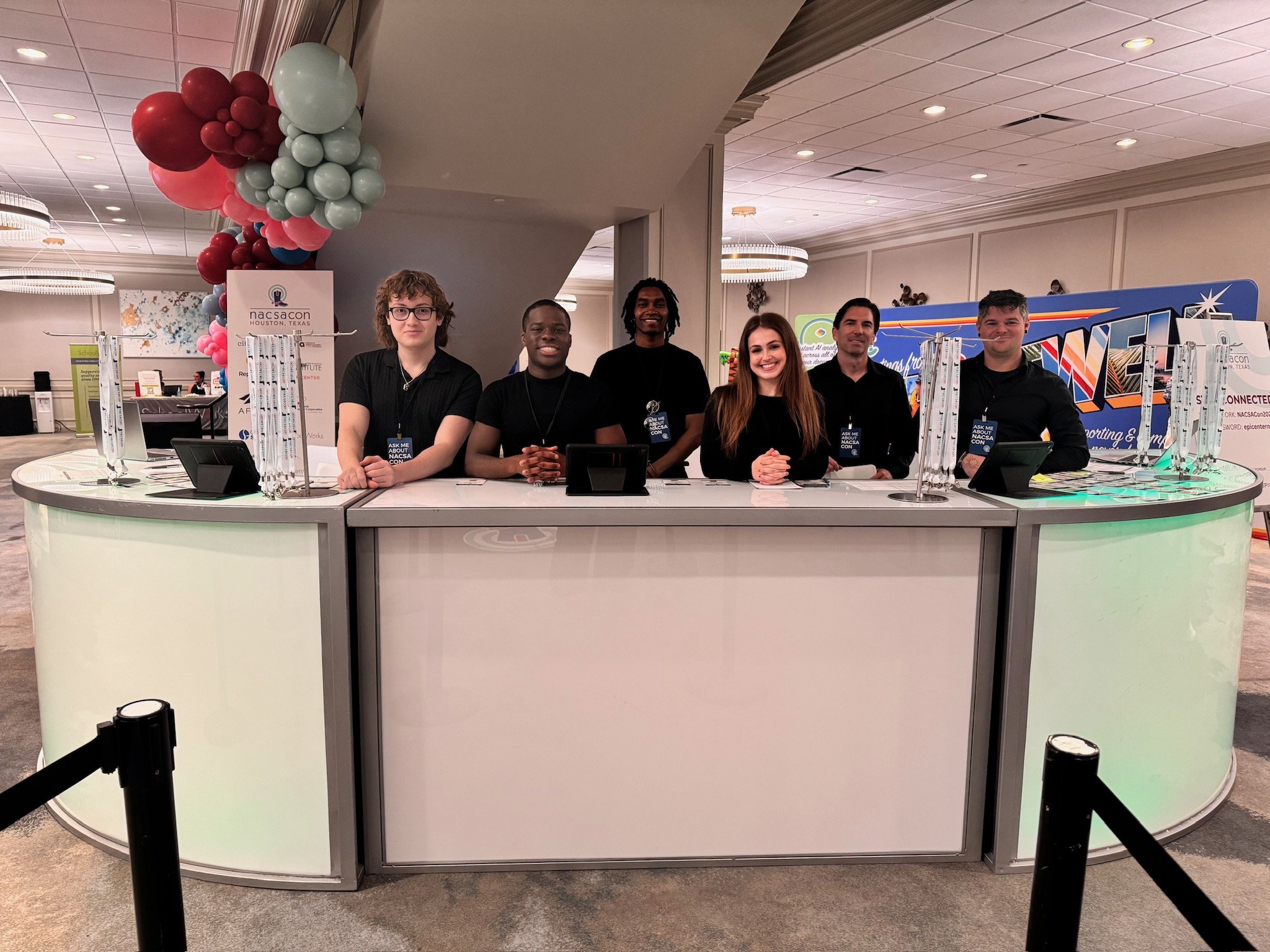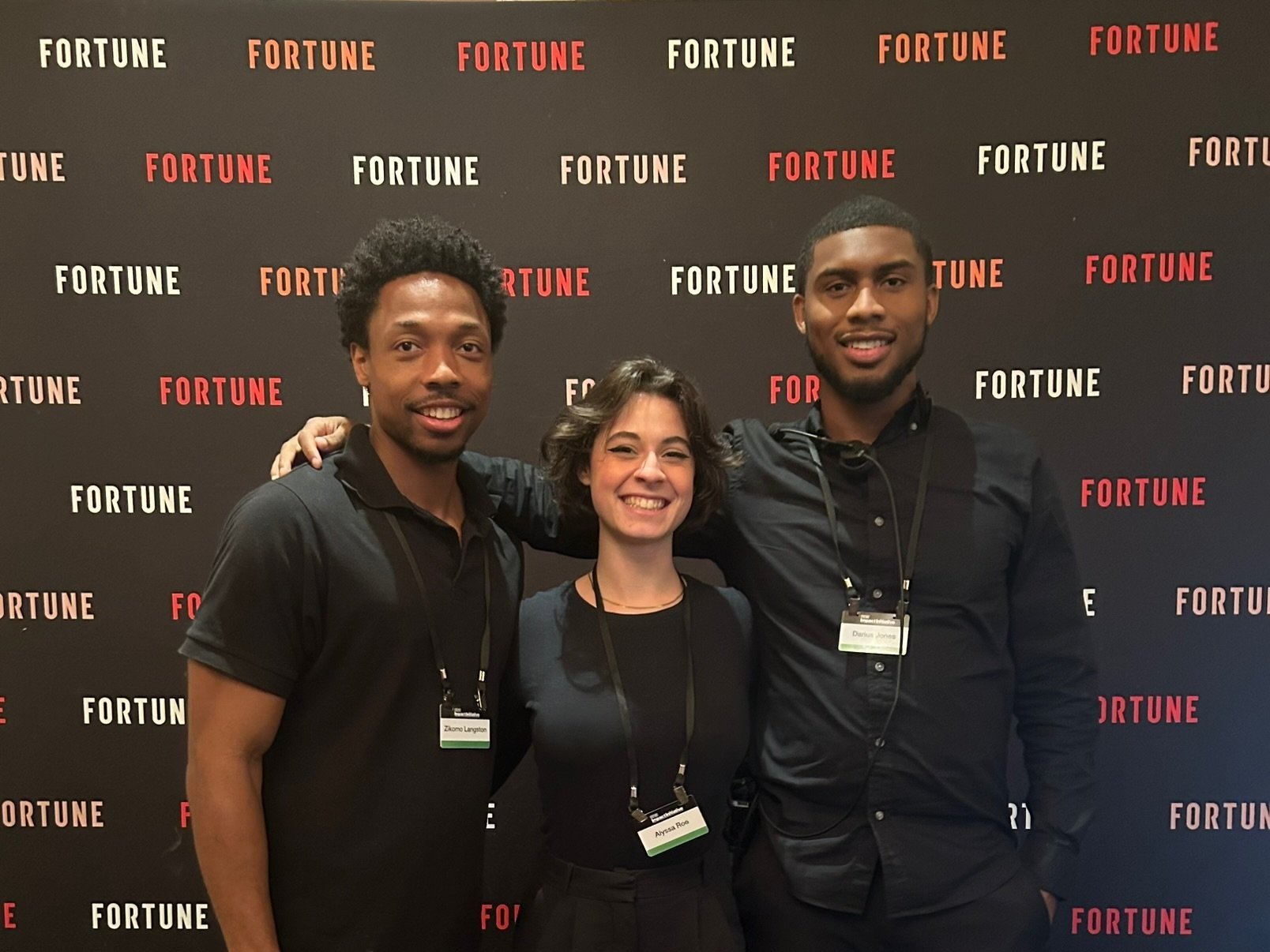Why Effective Conference Planning Is Essential
Conference planning is the backbone of successful professional gatherings. Whether it’s a trade show, corporate retreat, or academic seminar, behind every seamless event is a well-organized plan. This blog explores the ins and outs of conference planning, why it matters, and how it supports larger organizational goals.
What is Conference Planning?
Conference planning is the strategic and systematic organization of professional gatherings that encompasses multiple interconnected phases. This includes pre-event preparation (venue selection, budget management, and marketing), operational logistics (registration systems, catering arrangements, and audiovisual setup), participant engagement (speaker coordination, session scheduling, and networking opportunities), and post-event activities (feedback collection and outcome assessment). The process requires careful attention to both tangible elements (physical space, technical requirements) and intangible aspects (attendee experience, knowledge transfer) to create an environment that facilitates meaningful professional interactions, educational exchange, and organizational objectives.
Types of Conferences
Industry Conferences
Focused on a specific field, these conferences gather professionals to discuss trends, innovations, and challenges. Examples include tech expos and healthcare summits.Corporate Retreats
These smaller-scale gatherings often focus on team-building or strategic planning within a single organization.Academic Conferences
Researchers and academics convene to share their latest studies, making these events vital for knowledge dissemination.Trade Shows
Centered around showcasing products and services, these are essential for industries like fashion, tech, or manufacturing.
Why is Conference Planning Important?
A well-planned conference reflects positively on the organizers, attendees, and sponsors, achieving specific goals while avoiding logistical headaches. Here’s why conference planning is indispensable:
1. Achieving Organizational Goals
Conferences often aim to:
Increase brand visibility.
Foster innovation by connecting thought leaders.
Generate new business leads through networking opportunities.
2. Enhancing Attendee Experience
A seamless experience ensures attendees leave with a positive impression. From easy registration to meaningful sessions, every touchpoint matters.
3. Supporting Sponsors and Stakeholders
Sponsors often invest in conferences to reach specific audiences. Proper planning ensures they receive value for their investment, which could mean prime booth locations or speaking opportunities.
Who Handles Conference Planning?
Event planners, coordinators, and producers typically manage conference planning. Their role is multifaceted, involving logistics, budgeting, and problem-solving.
Core Responsibilities
Setting Goals: Determining the purpose of the conference.
Budgeting: Allocating funds wisely across various elements like catering, marketing, and venue.
Vendor Management: Ensuring timely delivery of services such as AV equipment and catering.
On-Site Coordination: Managing staff, speakers, and unforeseen challenges on the event day.
When Should You Start Planning a Conference?
The earlier, the better. Ideally, planning starts 6-12 months before the event, depending on its scale and complexity.
Key Planning Milestones
12 Months Out: Secure the venue, set objectives, and draft a budget.
6 Months Out: Finalize speakers and open registration.
3 Months Out: Ramp up marketing efforts and confirm vendor contracts.
1 Month Out: Conduct a walkthrough of the venue and finalize all details.
How to Ensure Conference Planning Success
Here are steps to create a conference that leaves attendees impressed and achieves organizational goals:
1. Understand Your Audience
Know your attendees' demographics, interests, and pain points. Use this information to tailor sessions, speakers, and networking opportunities.
2. Choose the Right Venue
A venue sets the tone for the event. Consider:
Capacity: Does it comfortably accommodate your expected turnout?
Accessibility: Is it easy to reach for out-of-town guests?
Amenities: Does it offer Wi-Fi, AV equipment, and breakout rooms?
3. Build a Skilled Team
Assign specific roles to team members:
Logistics Coordinator
Marketing Manager
Volunteer Lead
Tools like Asana or Slack help ensure everyone stays on track.
4. Create a Realistic Budget
Identify key expenses, such as:
Venue rental
Speaker fees
Catering
Allocate 10-15% for unexpected costs.
5. Market Effectively
Promote your event through email campaigns, social media ads, and industry partnerships. Start early to build excitement and drive registrations.
Why Partnering with a Staffing Agency Matters
Conference planning requires a dependable team to execute tasks, from registration desk operations to tech support. Eleven8 Event Staff specializes in providing trained professionals who ensure your event runs smoothly.
Benefits of Staffing Support
Expertise: Experienced staff adapt to high-pressure environments.
Reliability: Avoid last-minute no-shows with our vetted professionals.
Flexibility: Whether you need 10 staff members or 100, we scale to your needs.
Conclusion
Conference planning is the art of balancing creativity and logistics. By starting early, assembling the right team, and focusing on the attendee experience, you can deliver a memorable event that achieves its goals.
Eleven8 Event Staff stands ready to support your conference staffing needs. From registration assistants to on-site coordinators, our professionals are trained to handle every detail with precision. Reach out today to ensure your next conference is a resounding success.


